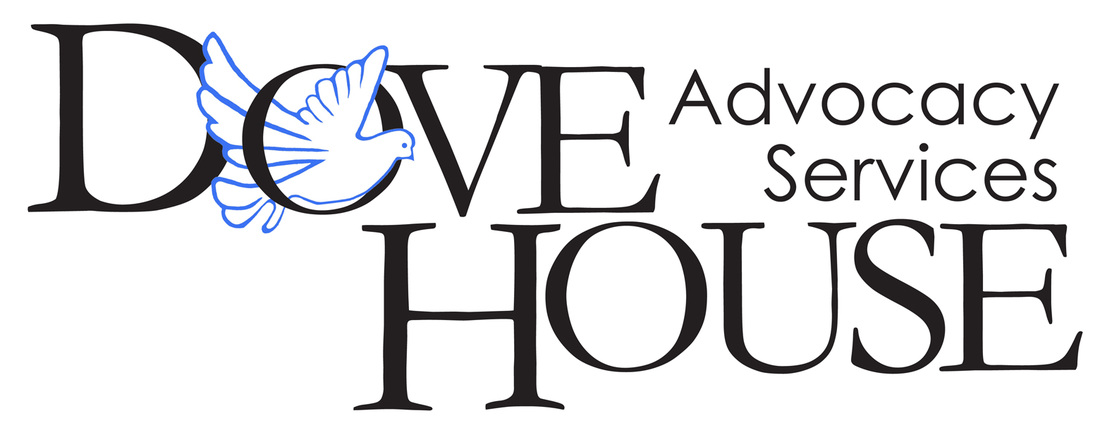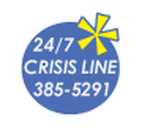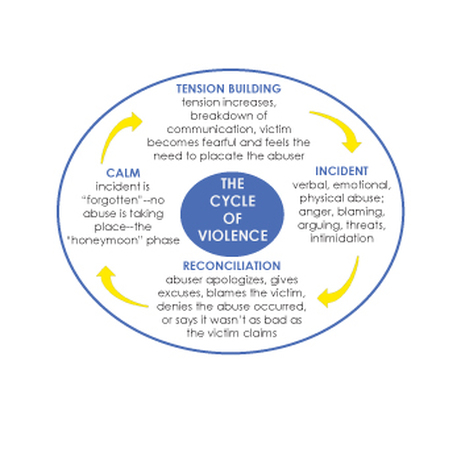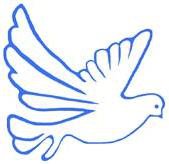|
Who are abusers?Like victims, domestic violence abusers come from all backgrounds. However, abusers do share some characteristics in that they tend to justify their abusive behaviors, fail to take responsibility for the abuse and use similar tactics to gain and maintain power and control over their partners.
Abusers typically present a different personality outside of their relationship than they do to their intimate partner, which complicates victims' ability to describe their experience and seek assistance. Abusers may try to manipulate their partners, especially after a violent episode. He may try to "win" her back in some of these ways:
Abuse gets worse and more frequent over time. In 2010, 55 people died in Washington State as a result of domestic violence. These deaths include domestic violence victims killed by partners and ex-partners; friends, family members and children killed by abusers; and suicide deaths of abusers. 2010 Washington State Fatality Review. Trust your instincts. It’s normal to sweep your concerns aside, hope that the fear will pass, and believe that it can’t get worse. Trust your gut. Reach out and talk to someone about what you and your loved ones need most right now. Your Rights You have the right to safety, dignity, and liberty. You have the right not be abused physically, sexually, emotionally, or financially. You also have the right to a police response. You have the right to live free of fear and violence. You are not alone There is a wide range of normal feelings, experiences, and questions for victims and survivors of sexual and domestic violence. No matter what you’ve been told to the contrary, no one deserves to be abused or assaulted. We know that these concerns can feel overwhelming. And we want you to know that you are not alone You don't have to be in crisis to call. 24 HOUR CRISIS LINE 360 385-5291

Register so you can be advised immediately if there is a change in an offender’s custody status, to be notified that a protective order has been served, and to receive a 30-day notice when protective orders are scheduled to expire.
|
All of our services are free and we do not discriminate based on race, color, religion, disability, pregnancy, national origin, age, gender, ethnicity, income, veteran status, marital status, sexual orientation, or any other bias prohibited by law.





